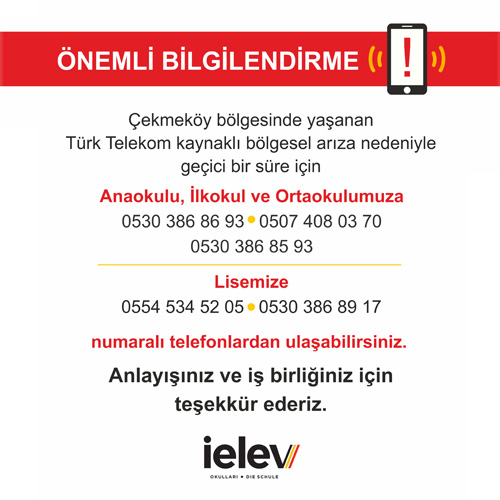404
Oops... Sayfa Bulunamadı! Aradığınız sayfa bulunamamıştır!
Oops... Sayfa Bulunamadı! Aradığınız sayfa bulunamamıştır!
Adres satırına sayfa adresini siz yazarak bu sayfaya ulaşmış iseniz lütfen kontrol ederek tekrar deneyiniz.
Daha önce bu sayfa adresini kaydetmiş iseniz ve tarafımızdan bu sayfanın yeri değiştirilmiş veya kaldırılmış olabilir. Güncel bilgi için lütfen bize başvurunuz.
Sayfa bağlantısı tarafımızda olmayan bir adrese yapılmıştır. Hatanın düzeltilmesi için lütfen bizi bilgilendiriniz.

 TR
TR 











